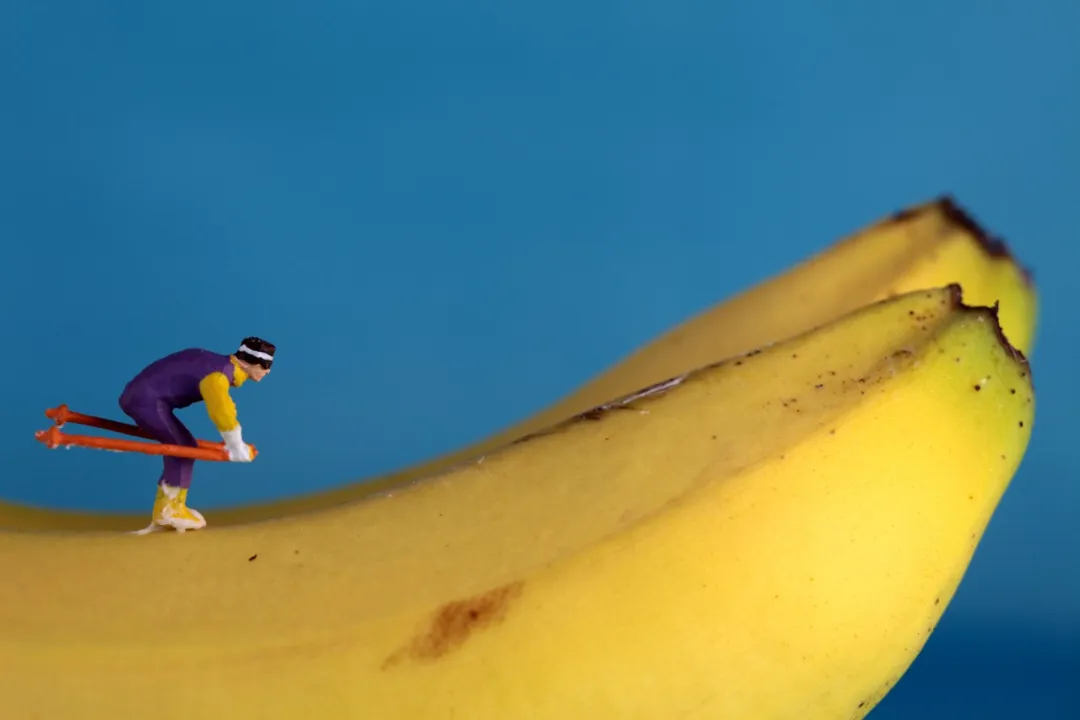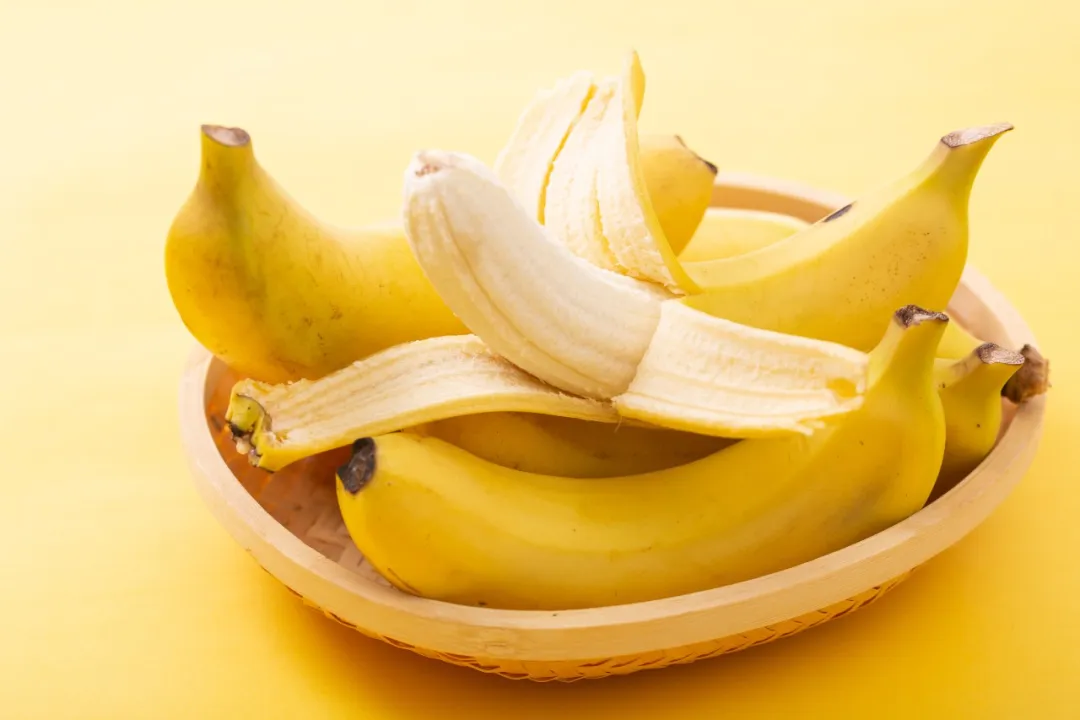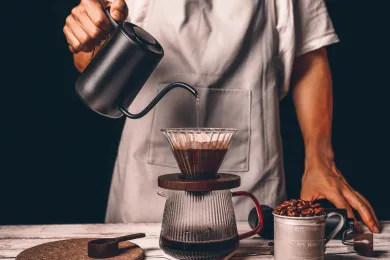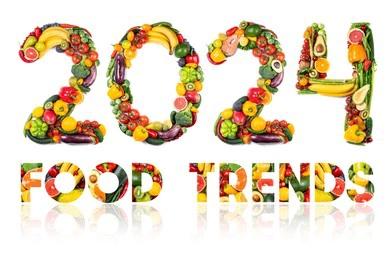Even before the start of the Paris Olympics, the organizers announced they were ready with 3 million bananas. What makes this seemingly ordinary fruit so popular at sporting events? Today, let's explore its significance.
01 Why Bananas are the "Darlings" of the Olympics
Like all fruits, bananas have their fans and detractors. Before deciding whether to eat them, let’s take a look at their nutritional components to uncover why athletes love bananas.
Potassium: Bananas contain 256 mg of potassium per 100 grams, which is higher than most common fruits, such as peaches, oranges, plums, watermelons, and cantaloupes, and more than three times that of apples.
Magnesium: Bananas have 43 mg of magnesium per 100 grams, making it 10.7 times higher than apples.
Dietary Fiber: The total dietary fiber content is 2.6 grams per 100 grams, with insoluble dietary fiber at 1.2 grams per 100 grams.
Carbohydrates: Among commonly eaten fresh fruits, bananas rank high in carbohydrate content, second only to fresh dates, plantains, durian, winter jujubes, and jackfruit.
Vitamin B6: This vitamin plays a role in converting tryptophan to serotonin, which can help improve mood and alleviate mental stress.
02 Bananas Quickly "Repair" the Body During Breaks in Exercise
The nutritional components of bananas indicate that a medium-sized banana provides about 82 kcal, nearly 20g of carbohydrates, and a wealth of trace elements, making bananas a quick energy source for athletes.Rapid Energy Supplementation
Research shows that carbohydrates are the most direct and effective source of energy during exercise. The carbohydrates in bananas can be quickly broken down into glucose, providing immediate energy. Additionally, the carbohydrates help maintain stable blood sugar levels, preventing exercise-induced hypoglycemia. A study on endurance athletes found that consuming bananas in moderation can help maintain blood sugar levels and reduce the risk of hypoglycemia.
Relieving Neuromuscular Tension
Bananas are rich in potassium, which helps reduce neuromuscular tension. During competitions, athletes experience high levels of mental and physical tension, making muscle cramps more likely. Consuming bananas can help prevent such cramps, thereby positively impacting performance.
Strong Satiety
As a solid food, bananas provide a good feeling of fullness and release moisture slowly. Unlike liquid drinks, which have lower satiety and are quickly absorbed by the body, bananas keep you satisfied longer without the immediate urge to rush to the bathroom.
Regulating Mood and Reducing Pain
The tryptophan in bananas can be converted into serotonin, an inhibitory neurotransmitter that promotes feelings of calmness and can reduce symptoms of depression and pain. This is why bananas are often referred to as "happy food."
Additionally, bananas are easy to carry, store well without refrigeration, have low allergenic potential, and minimize adverse dietary reactions, making them a natural favorite at the Olympics.

03 While Bananas are Great, Some Should Limit Their Intake
Bananas offer numerous benefits for athletes and can be advantageous for the general public, helping to control blood pressure, reduce cardiovascular risks, and lower the risk of constipation. However, certain individuals should limit their banana consumption:Kidney Disease Patients: Due to limited potassium excretion, these individuals should restrict potassium intake, and bananas are high in potassium, which could lead to elevated blood potassium levels.
Diabetes Patients: Although bananas have a moderate glycemic index, diabetics should eat them sparingly. If they wish to enjoy a banana, having half or one medium-sized banana between meals is sufficient.
Gastrointestinal Disease Patients: Bananas contain sugars and dietary fiber, and consuming them in large amounts may exacerbate symptoms for those with gastroesophageal reflux disease or other gastrointestinal conditions.
Chronic Constipation Sufferers: With only 1.2 grams of dietary fiber per 100 grams, bananas are not particularly effective for relieving constipation. Most bananas are harvested before they fully ripen and artificially ripened later, resulting in higher tannin levels. Tannins can bind with proteins in food to form tannin-protein complexes that are hard to digest, potentially worsening constipation.

According to dietary guidelines, it is recommended that the general population consumes 200-350 grams of fruit daily, with bananas as part of that intake. For those who do not engage in intense physical activity, 1-2 bananas a day is sufficient.
Of course, moderation is key—just because Olympic champions eat them doesn’t mean you should go overboard. If your activity level is low, eating fewer bananas can help prevent weight gain.
(Images from the internet)





